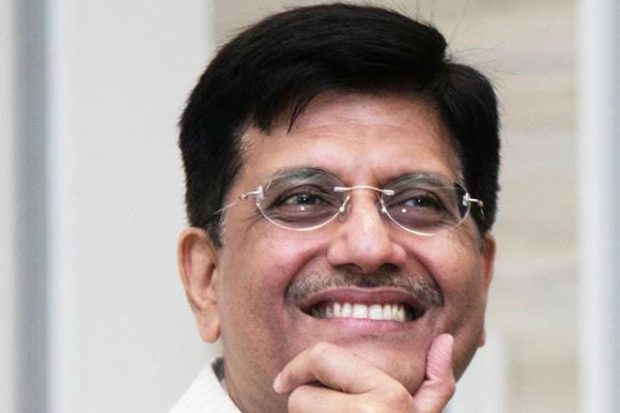According to a report released by Swiss National Bank, Indian deposits in Swiss banks have gone up by 50 percent from the previous year. The total deposits in 2016 was Rs 4,700 crore, while in 2017 it has gone up to Rs 7,000 crore. Although it must be noted that the total Indian deposits during the UPA era in 2006 was Rs 44,500 crore ,while in 2017 it is down to Rs 7000 crores.
The opposition started criticizing the government for the increase in black money deposits over the previous year. Interim Finance Minister Piyush Goyal interacted with media and clarified that we do not know how much of this is in black money, since the Swiss National Bank has just released the data about the total deposits, including both white and black money. He said, “Agreement between India and Switzerland has this. From January 1, 2018, until the end of accounting year (ends March 31, 2019), all data will be made available. Why assume this is black money or illegal transactions?” referring to a joint declaration for the implementation of automatic exchange of information (AEOI) which was signed between Switzerland and India in November last year that provides that both countries would start collecting data in accordance with global standards in 2018 and exchange such information from 2019 onwards.
The government is very sure that there will be no unnecessary capital flight, because as of now India is the best investment destination in the world. The increase in deposited money in Swiss banks was due to various factors like the 39 percent increase in foreign remittances (total of Rs 77,939 crore in 2017-18) under the RBI’s Liberalized Remittance Scheme, and an increase in reporting after a three-year crackdown on disclosure of black money parked abroad. According to data, Indian money in Swiss banks included Rs 3,200 crore in the form of customer deposits, Rs 1,050 crore through other banks and Rs 2,640 crore as other deposits such as securities at the end of 2017. Another Rs 112 crores was held through fiduciaries or wealth managers.
The Modi government, since coming to power, has been able to curb black money transactions. Over the last three years, the Indian government took several measures to crack down on black money. After the Enactment of Black Money (Undisclosed Foreign Income and Assets) and Imposition of Tax Act, 2015 under which it provided a one-time compliance window to taxpayers to make declarations of their undisclosed foreign assets, the government provided a compliance window for a declaration of undisclosed income through the Income Declaration Scheme (IDS) in 2016. This was followed by Pradhan Mantri Garib Kalyan Yojana (PMGKY) in post-demonetization phase. These various legislations have helped the country to bring down the total amount of deposits in Swiss banks. Assets worth Rs 4,100 crore were declared by over 640 persons under the black money Act, and under IDS, disclosures worth Rs 67,300 crore were made by over 71,000 persons. Under PMGKY, disclosures of about Rs 4,900 crore were made by about 21,000 persons.
